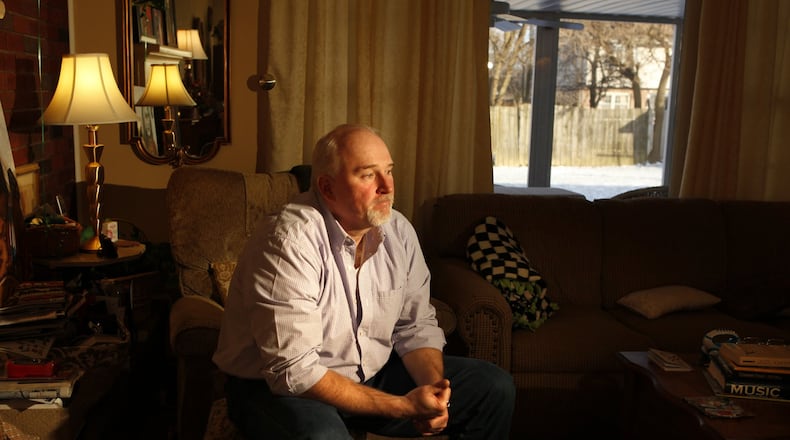Columbus resident Robert McClendon, freed in August 2008, spent 17 years in prison; Fairborn resident R. Dean Gillispie spent 20 years behind bars before U.S. District Court Magistrate Michael Merz threw out his conviction seven years ago.
In April 2010, McClendon won a $1 million settlement with the state of Ohio for his wrongful conviction. But a 2014 ruling from the Ohio Supreme Court applied a literal reading of the law on which exonerees may collect damages from the state, leaving Gillispie and a handful of others out of the pool.
The 2014 ruling said exonerees were only eligible if the constitutional violation occurred after sentencing or imprisonment. Those exonerated after proving that exculpatory information was withheld from the defense before a conviction — often called a “Brady violation” — were deemed not eligible to seek compensation.
“This opinion had devastating consequences on the ability of the wrongfully imprisoned individuals to collect compensation,” Ohio Public Defender Tim Young said in written testimony on the bill.
House Bill 411 aims to correct that by expanding the eligible pool, including to those exonerated because of Brady violations. Ohio currently provides $52,625 for each year of wrongful incarceration.
Establishing a Brady violation claim is rare: just 20 people have done so in Ohio over the past 10 years, according to the Public Defender.
Related: Gillispie case illustrates imperfect justice system
Expanding eligibility
The bill is the latest change in a law that first took effect in 1986. However, the original legislation only provided payment for those who could offer affirmative proof of innocence — a standard few could meet. In 2003, eligibility was expanded to include those whose convictions were overturned based on errors or constitutional violations.
House Bill 411 would limit eligibility to procedural errors based on Brady violations and require that state payments be returned if the exoneree also receives an award in a civil case. It would also expand eligibility to include people convicted of misdemeanors.
The bill was supported by the Ohio Innocence Project and Ohio Public Defender but opposed by the Ohio Prosecuting Attorneys Association, which argued that a Brady violation does not equate to actual innocence.
Family affair
Akron Democrat Vernon Sykes was instrumental in passing the original law in 1986; his wife Barbara Sykes teamed up with Cincinnati Republican Bill Seitz to expand the law in 2003; and Seitz worked with state Rep. Emila Sykes, D-Akron, daughter of Vernon and Barbara, on HB411.
Emilia Sykes said she anticipated that Kasich would sign the measure.
About the Author

